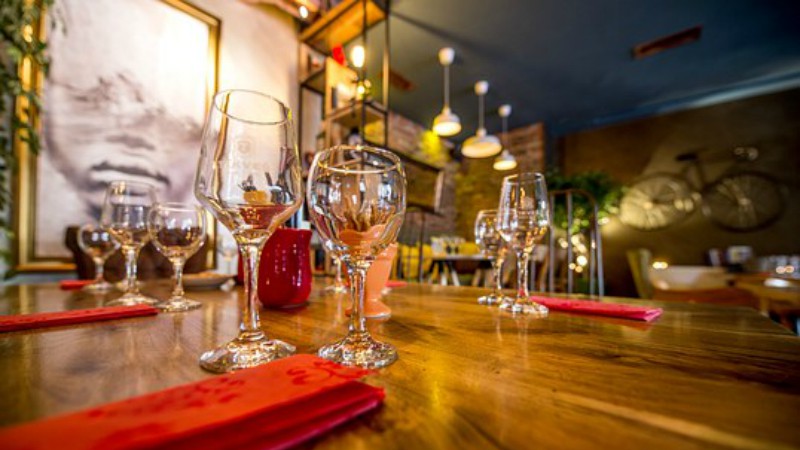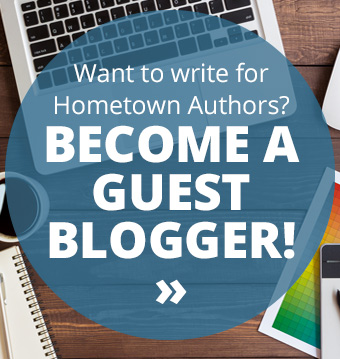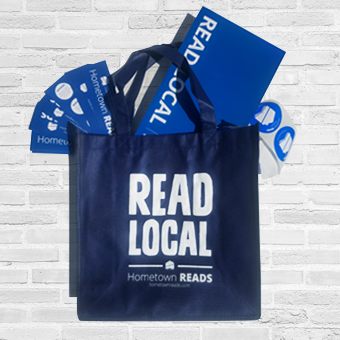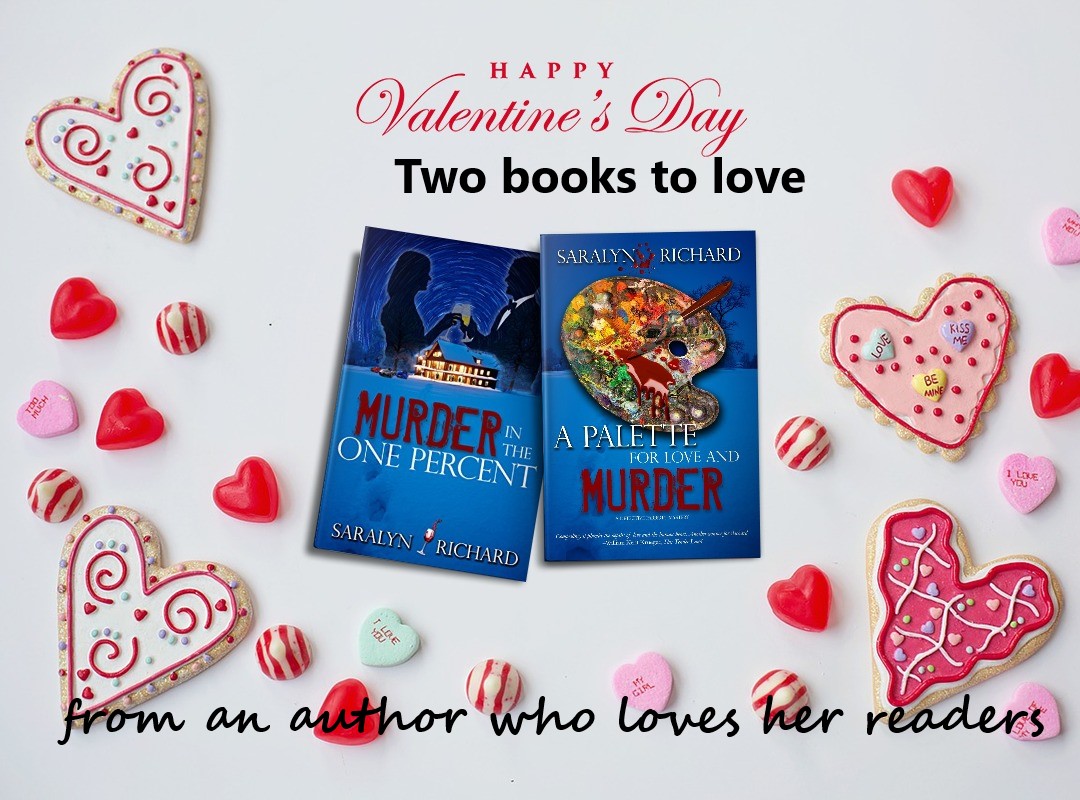Sell An Experience Instead of a Product
Congratulations, you’ve published a book. Are you ready to sell an experience?
Publishing houses have limited time and resources so authors, self-published or otherwise, wear many hats. In part or fully, the job of promoting and marketing a book often falls to the author.
Think of a book as more than a physical product to market and sell. It is important to move X number of units to generate income from royalties and sales. However, merely selling a product is a limited view. Marketing and selling a book as an experience offers great rewards for authors and readers.
My first book, Last Bite, featured cookbook recipes from local chefs. The publisher didn’t have staff or resources to publicize or promote the book. Gut instinct told me to do more than arrange book signings at independent and chain bookstores.
I collaborated with different chefs that contributed recipes in the book. We created events with a multi-course dinner at their restaurant. A Last Bite event became a cross-promotional package that included a meal, a signed book, a brief author talk, and course introductions by the chef. Guests enjoyed an interactive experience with a book to explore later.
Books are important works of creation, but also a tool to meet your audience. This experience-based approach guarantees book sales from advance reservations. That’s more proactive than hoping readers show up and buy a book for a signing event. Further, it creates an opportunity for social media engagement before, during, and after the event. Social media enables the author and event participants to reach a wider audience than those attending an event.
Limited event access also drives demand for future appearances. Current and future fans appreciate the opportunity to meet the author, visit, pose for photos, and share in the experience. Experience-based events are more inclusive and engaging than meeting a book purchaser from across a table and signing a book.
None of this implies that a book signing event at a bookstore doesn’t have value. Chat with the bookstore manager about your ideas to make the event more creative and engaging as an experience.
My latest book, Expedition of Thirst, explores regional beer, wine, and spirits. I’ve collaborated with breweries, wineries, and other businesses to do events and signings in their venue. Devise ways to cross-promote with a business or third-party related to the subject matter or mutual audience that you both wish to reach. For example, signing a book about beer in a brewery connects to a like-minded, qualified audience that’s more prone to have interest.
An experience-based approach connects you to your community, local businesses, affiliations, and readers that share an interest. Have a sci-fi book? Create a book signing, reading and author talk event at a venue (coffeeshop, bar, bookstore) and invite people to cosplay with a sci-fi theme. Is your novel a murder mystery? Invite readers to dress up as a character and attend a reading and book signing. Launch a contest with a riddle and clues drawn from the book about a character, plot moment, or scene. Invite readers to meet and discuss alternate endings. Whether your book is about romance, historical fiction, or gardening, think of ways to partner with others.
Depending on where the author lives, limited opportunities might exist to create events around an experience. Another approach is to contact a radio or television producer at a local morning news show. Each day that the show airs, a producer will have scheduled guests to fill blocks of time. These segments feature a local person, product or business. Sometimes, it’s an interview. Other times, it’s a demo or brief one or two minutes of chatting. Be prepared with brief answers that address the points you want to convey. These producers work on short timelines, usually only a few days to week ahead. They almost always have spots to fill. Try networking and calling the station to find the producer or contact person. Then pitch your book and a few key talking points.
Not all authors are adept at marketing, publicity, promotions, or public speaking. I’ve learned from experience to build these skills not only as an author, but also as a business that I run to generate sales and earn income. A publisher is a limited partner with a vested interest in selling your book. Events-based experiences and other non-traditional marketing methods are ways to sell yourself and your work. By doing so, you can more effectively open doors, build networks, establish an audience and sell books.









What People Are Saying